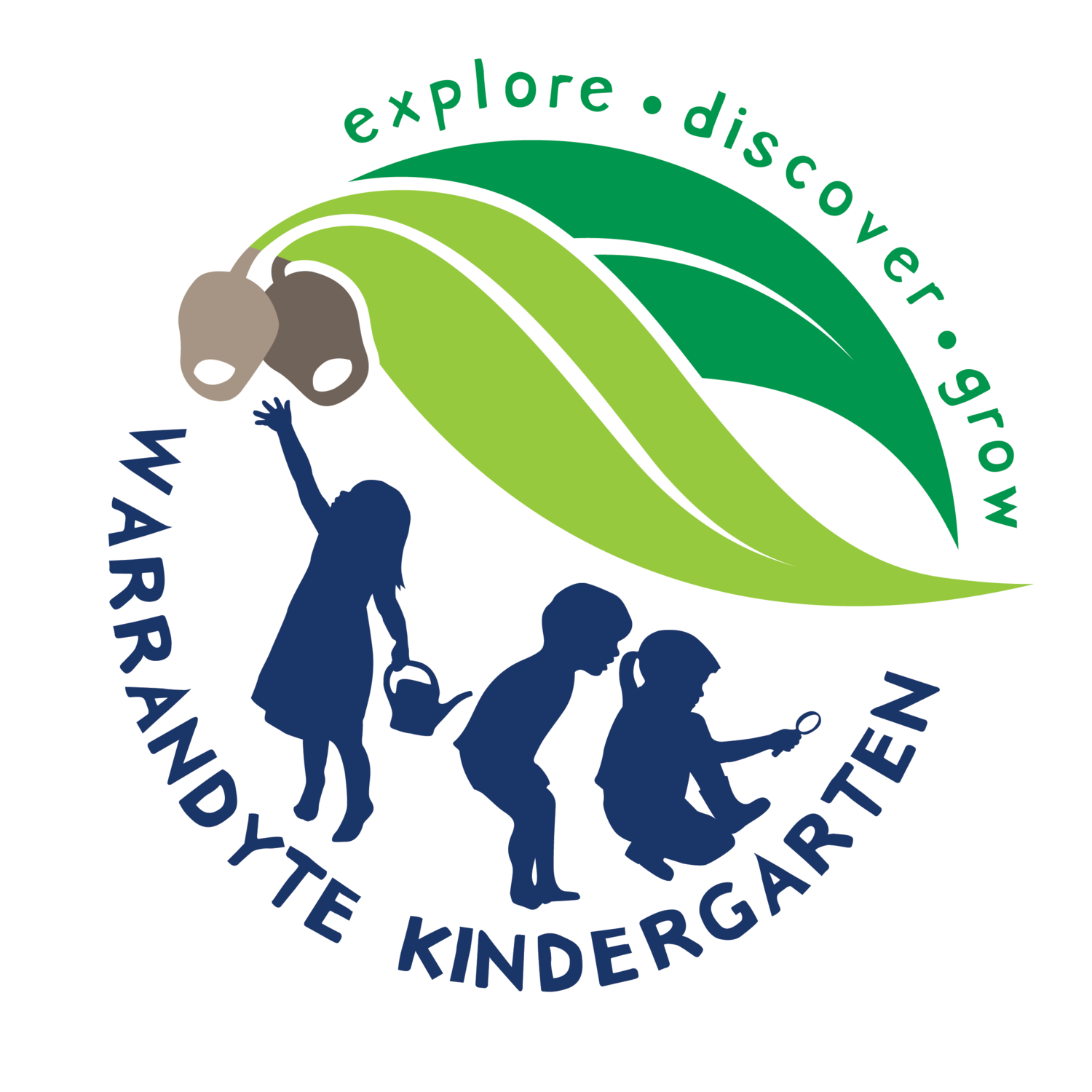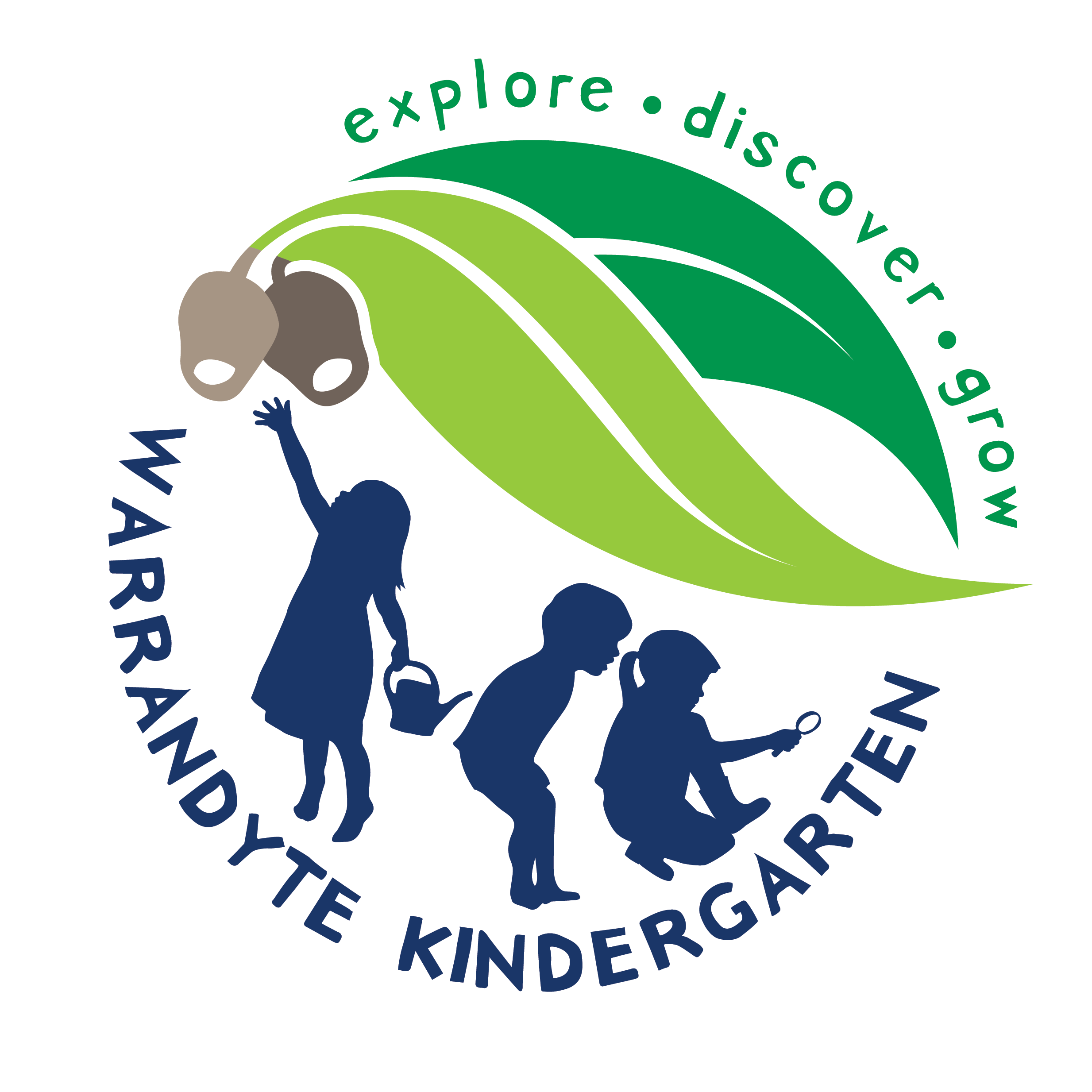The Victorian Early Years Learning and Development Framework
The Victorian Early Years Learning and Development Framework is a document which describes what children should learn between the age of birth and eight years.
It describes childhood as a time of belonging, being and becoming.
- Belonging is the basis for living a fulfilling life. Children feel they belong because of the relationships they have with their family, community, culture and place.
- Being is about living here and now. Childhood is a special time in life and children need time to just ‘be’—time to play, try new things and have fun.
- Becoming is about the learning and development that young children experience. Children start to form their sense of identity from an early age, which shapes the type of adult they will become.
Learning Outcomes
The Framework identifies five learning outcomes for all children from birth to eight years. These outcomes have a broad view of the kind of knowledge and skills all children need for them to become confident and happy through their life.
The five learning outcomes are:
- Outcome 1: Children have a strong sense of identity
- Outcome 2: Children are connected with and contribute to their world
- Outcome 3: Children have a strong sense of wellbeing
- Outcome 4: Children are confident and involved learners
- Outcome 5: Children are effective communicators
Supporting a child’s learning
Early childhood professionals will:
- Discuss your child’s learning with you
- Ask advice from other professionals if they are concerned about your child’s learning
- Respect your families values, beliefs and decisions
- Recognise that all children can learn, but some children require additional help to learn
- Use the most effective teaching strategies to support your child to learn


